Gaza, MINA – Entering the watermelon harvest in May, June and next July, Gaza Strip farmers are looking forward to the harvest season with the hope of being able to meet their needs and restore economic conditions.
Gaza farmers say this year’s watermelon harvest is of high quality, free from any substance that affects people’s health, and is intensively monitored by the Ministry of Agriculture, Palinfo reported on Sunday.
“We started planting in early January in plastic bags and polybags. Then they are transferred to the field in the middle of the same month after the temperature rises,” he said.
The Palestinian Information Center correspondent reported that Gaza farmers say one dunam (1,000 square meters) yields between 6 and 10 tons, according to the quality of the seed, the nature of the soil, and the water available for irrigation.
Also Read: Israeli Occupation Forces Conduct Home Demolitions Across Gaza Despite Ceasefire
The area cultivated with watermelons in the Gaza Strip is 5,300 dunams, and it is expected to produce more than 50,000 tons of watermelons.
Among the challenges facing the watermelon season in Gaza: the high cost of cultivation, the difficulty for farmers to access their land in the northern and eastern border areas (due to the military operations of the Zionist forces on the border), in addition to poor economic conditions that affect people’s purchasing power.
The spokesperson for the Palestinian Ministry of Agriculture in Gaza, Adham al-Basiouni, stated that since 15 years ago his party has been supporting local products, not importing watermelons from abroad, and everything that exists is pure local quality products.
“Also, in order to protect local products, any products that are available in the market with the required quantity and quality, we strictly prohibit importing competitive products from outside the Gaza Strip,” said Al-Basiouni
Also Read: Israeli Settlers Attack International Activists Near Jericho, Four Injured
He said, “As for the grape season, when it is approaching the harvest season, it is forbidden to bring grapes from outside the Gaza Strip until the local crops run out, as well as citrus fruits, dates,”
“We are working to protect local production and strengthen agriculture. It also unequivocally argues that there should be special imports. No traders are allowed to import,” he said. (T/RE1)
Mi’raj News Agency (MINA)
Also Read: Israeli Occupation Forces Launch Airstrikes Across Gaza Despite Ceasefire






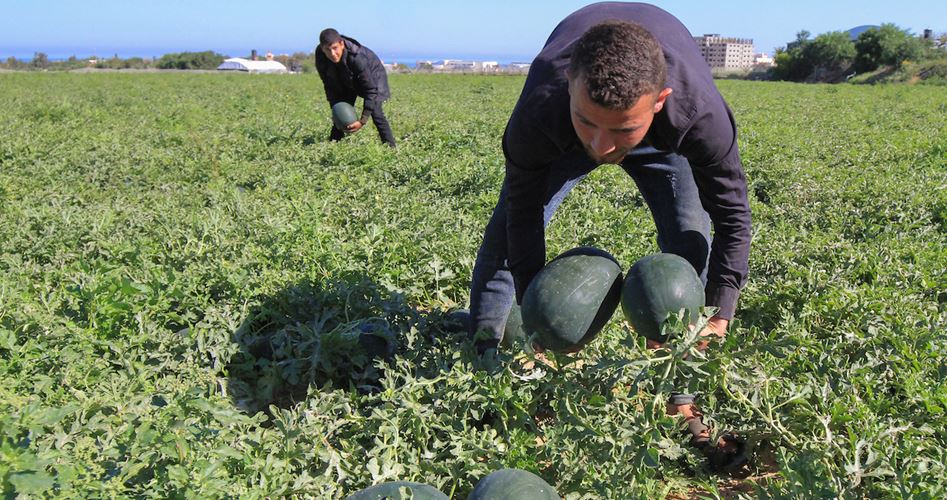






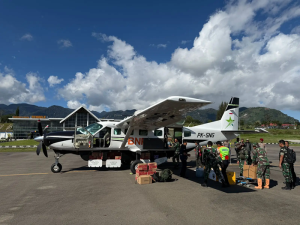
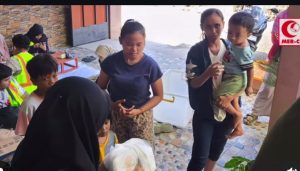

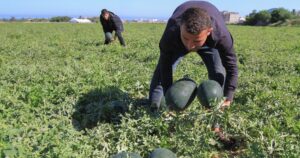

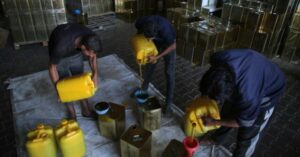
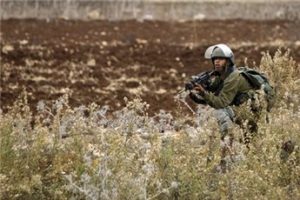






 Mina Indonesia
Mina Indonesia Mina Arabic
Mina Arabic